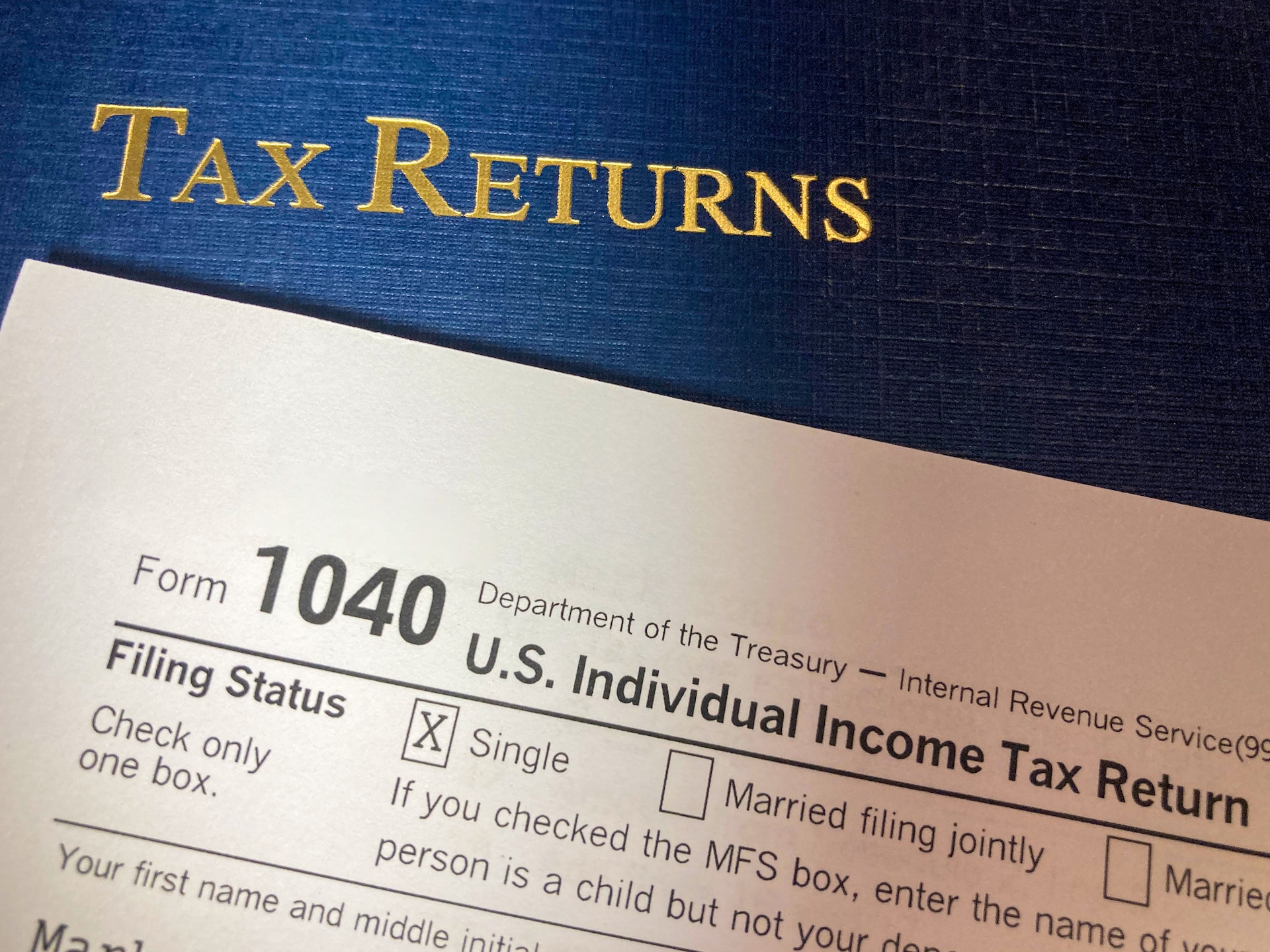Putting the “i” in IRS
Every citizen has the chance to be the next super-star IRS whistleblower (without the unfortunate jail sentence, like UBS whistleblower Bradley Birkenfeld). If you have specific, credible information about someone who is cheating on their taxes, there may be a significant amount of reward money for you–up to 30% of the tax, penalties, and other amounts the agency collects. Blowing the whistle on a tax cheat is not just beneficial for the government, it’s also a straightforward and effective way for ordinary citizens to fight fraud!
There are several things to keep in mind if you’re thinking about becoming an IRS whistleblower. The Qui Tam Team experts can provide advice in this area, but in the meantime, consider the following:
- Your tip cannot be speculation or unsupported hearsay;
- Don’t try to get revenge on someone whom you believe has wronged you–the IRS doesn’t care to get involved if you are only trying to get back at the alleged tax cheat;
- Your tip must lead to an action, such as an audit;
- There are two types of awards available to IRS whistleblowers:
- The Big One: If the tip concerns a tax evader who owes more than $2 million in taxes, penalties, and other amounts, the whistleblower is entitled to between 15 and 30 percent of the amount recovered. If your tip concerns an individual, their annual gross income must be greater than $200,000. The whistleblower can dispute the amount of their reward in Tax Court if the whistleblower feels it’s inadequate.
- The Smaller (but still good) One: Even if your tip doesn’t meet the $2 million/$200,000 thresholds, there may still be a reward for you. These awards are a maximum of 15% of the amount recovered by the IRS, up to a total of $10 million (not bad by any means!). These awards are discretionary, and the whistleblower is not allowed to dispute them in Tax Court.
Regardless of the level of tax fraud, blowing the whistle can be very lucrative, and hundreds of Americans stand to cash in. The IRS’ program has been quite successful in bringing in tips, and in 2008, the number of IRS whistleblowers quadrupled. More than one-tenth of the cases alleged tax fraud of more than $100 million. Consider this number: if your tip concerned tax fraud of $100 million, you could potentially receive a $30 million reward! This is really a win-win situation for everyone involved (perhaps not so much for the tax dodger, obviously!), because the government reclaims tax dollars, alleviating the burden on taxpayers, while the whistleblower is rewarded for his or her unique inside information.


